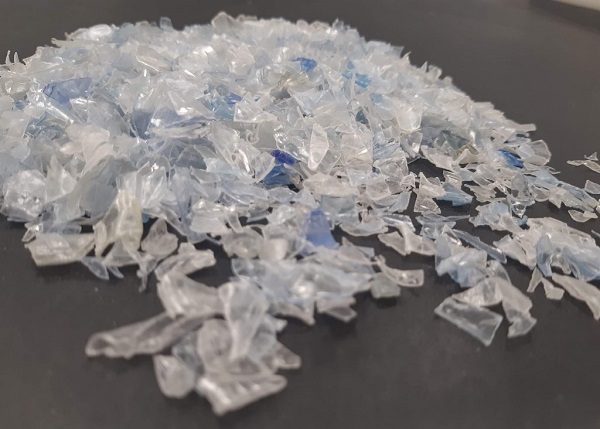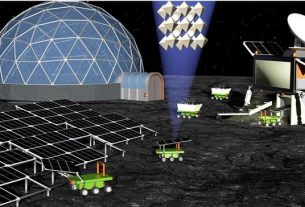Israel’s Ben Gurion University Enters Research Collaboration with Portugal’s ECOIBÉRIA for Biodegradation of Plastic

BGN Technologies, Ben Gurion University’s technology transfer company, has signed a research collaboration agreement with ECOIBÉRIA in the field of plastic recycling by bacteria.
ECOIBÉRIA is a Portuguese firm which works in the field of plastics recycling.
The new partnership is based on research from the team of Prof. Ariel Kushmaro and Prof. Alex Sivan, both from BGU’s Laboratory of Environmental Biotechnology and the Avram and Stella Goldstein-Goren Department of Biotechnology Engineering.
The research deals with polyethylene terephthalate (PET), the most abundantly used polymer in the world, with multiple applications in the textile industry as well as in food and beverage packaging.
It is estimated that about 56 million tons of PET are produced yearly worldwide, mostly as single use packaging material. Therefore, intense efforts are directed towards recycling and reuse of the PET plastic materials.
We all know the problems that the world faces today because of plastic products. Plastics are, of course, not biodegradable so they last practically forever.
This is not just a problem as far as finding more space for landfills of garbage. News report constantly show us images of plastic waste spread over the beaches of the world. This refuse is either left behind by litterers or washes up from the sea.
There are also all of the images of sea life harmed by plastics such as the plastics rings which hold together cans of sodas and so forth. Animals get stuck in them.
Yes there are increasing plastic recycling drives everywhere. But not all plastics can be recycled. The thin plastic bags used in supermarkets, for example, do not lend themselves to recycling.
New biodegradable plastic like products may be just around the corner. But what about all of the plastic waste that is still out there? If there only were a way to dissolve it all without further harming the environment.
Well this is where the new research comes in. Imagine if you could release a bacteria into the areas where there are large dumps of plastic which causes the plastic polymers to degrade like organic waste materials. If such a bacteria were to cause no harm to either animal or plant life then it could be released into the oceans or around the beaches of the world.
It could also be put into piles of non-recyclable plastic waste. Or maybe it could even be used in garbage trucks to dissolve plastic refuse while it’s on the way to the dump.
Shirley Sheffer, VP Business Development at BGN Technologies, added, “Profs. Kushmaro and Sivan are world experts in the field of plastic biodegradation. We are very pleased to partner with ECOIBÉRIA, a leading European company in the field of plastic waste recycling, for further researching this important field. This research collaboration holds the potential of implementing future findings into ECOIBÉRIA environmentally-friendly materials and products.”
BGN Technologies is the technology company of Ben-Gurion University, bringing technological innovation from lab to market and fostering entrepreneurship among researchers and students.
Operating in the North of Portugal, ECOIBÉRIA – Reciclados Ibérios, SA, specializes in recycling plastic waste. It is the only national company that exports PET Flakes for the European market and the rest of the world.



